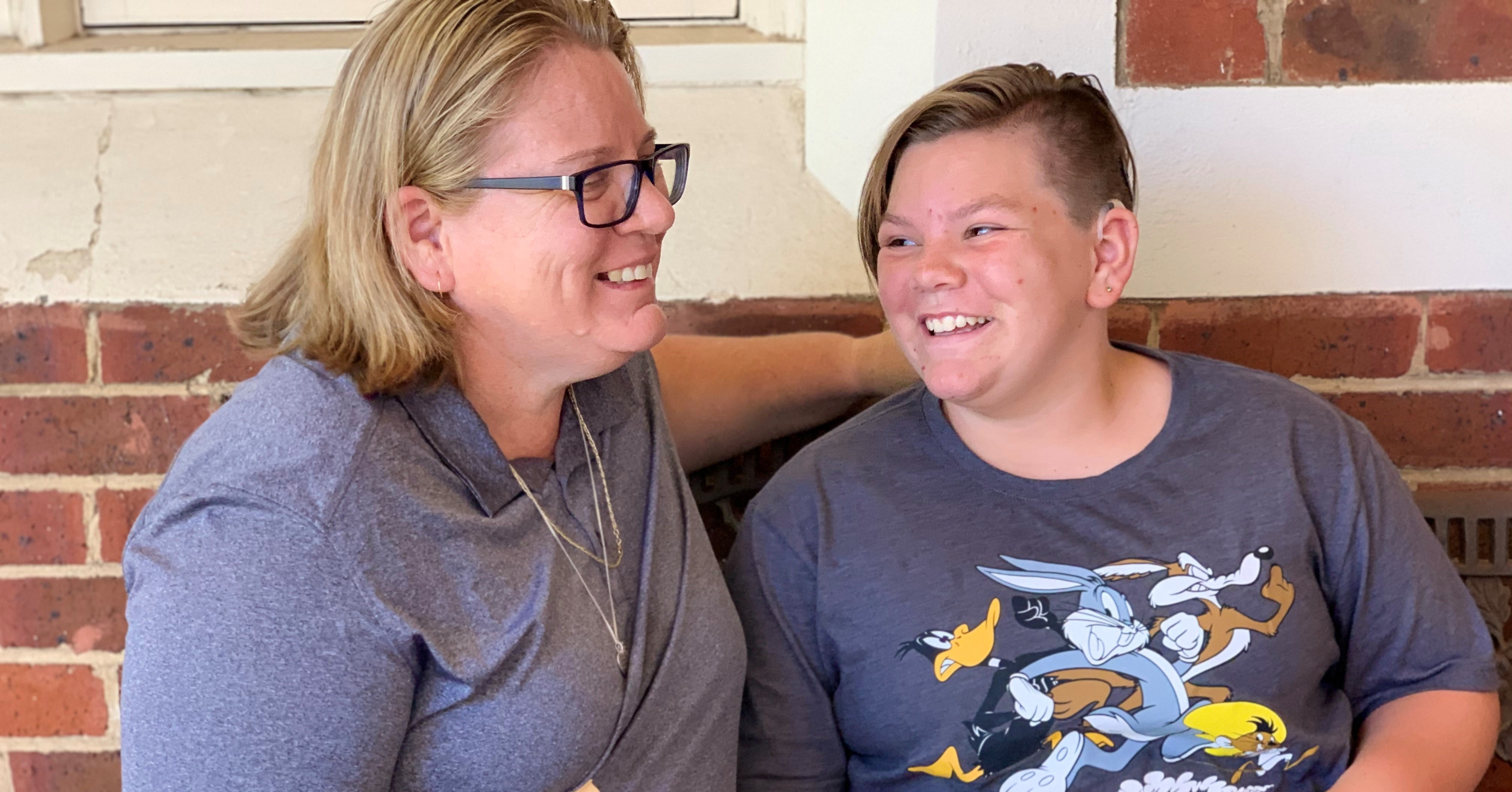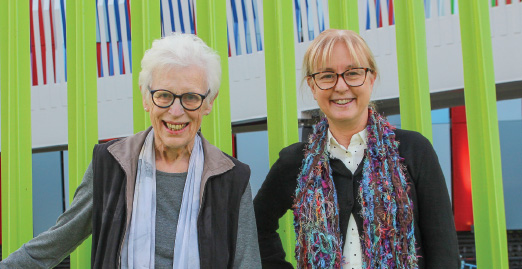Search
Research
“I don't really exist here”: A reflexive thematic analysis of dissociative symptoms described by adolescents and their parents and cliniciansDissociative symptoms are associated with a range of negative outcomes, yet little is understood about how adolescents experience dissociation in their daily lives. This study aimed to describe adolescents’ dissociative symptoms from the perspective of adolescents, their parents, and their treating clinicians.
Research
Intrafamilial Maltreatment of People with Intellectual Disability: A Scoping ReviewPeople with intellectual disability experience a greater risk of maltreatment than people without intellectual disability. Maltreatment by family members presents additional risks, including greater possibilities for concealment. This scoping reviewResults were summarized in both narrative and tabular formats summarizes extant knowledge about the familial maltreatment of people with intellectual disability and identifies gaps in the literature.
Research
Restricting outdoor advertising of unhealthy food: can Australia's food category-based classification system be applied consistently?Most outdoor food advertising (e.g. billboards and bus stops) features foods that are considered unhealthy. The most important technical challenge when designing policies to restrict unhealthy outdoor food advertising is defining 'unhealthy food'. To date, most restriction policies have used nutrient profiling models (i.e. foods are classified according to their nutritional composition) to determine which foods and beverages may be advertised. In Australia, state governments have endorsed a food category-based classification system, with no prescribed nutrient limits, which may create ambiguity when multiple users are identifying food advertisements to be restricted.
Research
The Heart Health Yarning Tool: Co-Designing a Shared Decision-Making Tool With Aboriginal and Torres Strait Islander People for Cardiovascular Disease Prevention and Risk ManagementDue to the ongoing impact of colonisation, Aboriginal and Torres Strait Islander people live with a greater burden of cardiovascular disease (CVD) than non-Indigenous Australians. Shared decision-making (SDM) is recognised as an essential component of person-centred care. However, there has been a lack of tools to support clinician communication and SDM to address CVD prevention in this important 'at-risk' population.
Research
NMR Spectroscopy-Based Lipoprotein and Glycoprotein Biomarkers Differentiate Acute and Chronic Inflammation in Diverse Healthy and Disease Population CohortsUnderstanding the distribution and variation in NMR-based inflammatory markers is crucial to the evaluation of their clinical utility in disease prognosis and diagnosis. We applied high-resolution 1H NMR spectroscopy of blood plasma and serum to measure the acute phase reactive glycoprotein signals and the subregions of the lipoprotein-based Supramolecular Phospholipid Composite signals in a large multicohort population study.
Research
DiabetesDiabetes is the name for a number of different metabolic disorders in which the body's healthy levels of blood sugar (glucose) can't be maintained.Diabetes can have a significant impact on quality of life should complications develop. Diabetes can affect the individual's entire body.
Research
Glue EarGlue ear is when a child's middle ear fills with sticky fluid behind the ear drum. A common condition, glue ear usually goes undetected, as it's not an obvious condition from the outside.

For the first time this year, all Australian babies and children aged six months to four years will be entitled to have a free influenza vaccination.

Adolescence can be challenging for all kids, but especially for those who are Deaf or hard-of-hearing. New resources developed by The Kids Research Institute Australia aim to make life a little easier.

The Kids Research Institute Australia is helping scientists across the globe inch their way towards clinical trials which could, at last, provide relief for children and families dealing with CDKL5.
